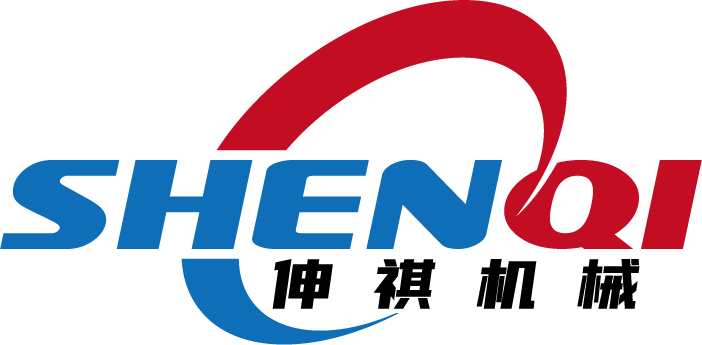
The Critical Role of Plant and Office Management in Driving Operational Excellence
2025-05-08 12:06Effective management of both plant operations and office functions is the backbone of any successful manufacturing enterprise. For companies like Shanghai Shenqi Machinery Equipment Co., Ltd., which specializes in gas pressure regulating skids, prefabricated pipelines, and skid modules, harmonizing these two domains ensures seamless production, innovation, and customer satisfaction. Below, we explore why robust plant and office management systems are indispensable in today’s competitive industrial landscape.
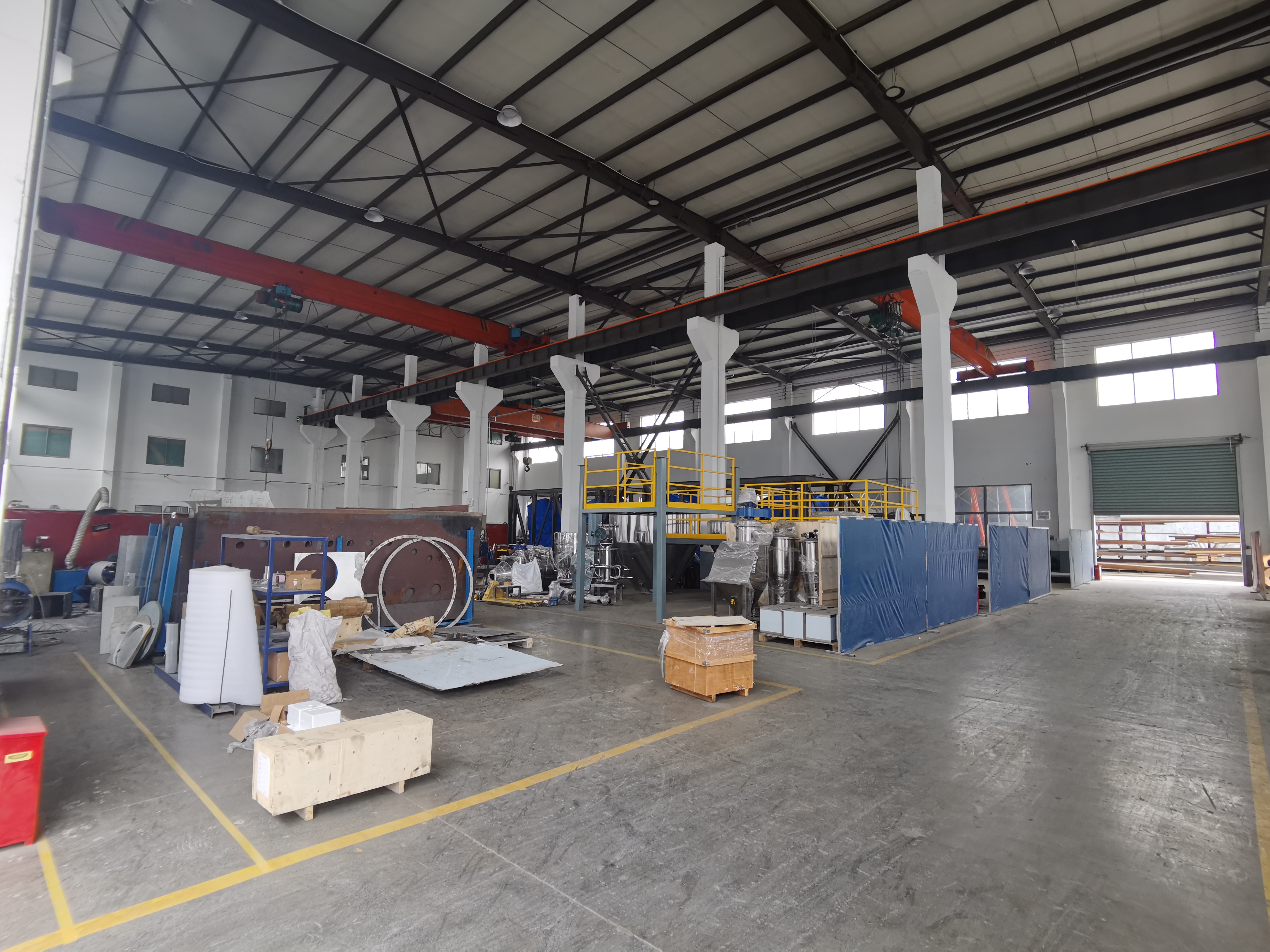
1. Plant Management: Ensuring Efficiency, Safety, and Quality
A well-managed manufacturing plant is vital for optimizing production workflows, minimizing downtime, and maintaining product integrity. Key aspects include:
Resource Allocation and Workflow Optimization
Efficient plant management ensures machinery, materials, and labor are utilized to their fullest potential. For instance, automated scheduling systems can align production timelines with client demands, reducing bottlenecks in manufacturing gas pressure regulating skids or prefabricated pipelines.Safety Compliance
Heavy machinery and complex processes inherent in skid module fabrication require stringent safety protocols. Regular equipment inspections, employee training, and hazard assessments prevent accidents, safeguarding both personnel and productivity.Quality Control
Consistent product quality is non-negotiable in industries like oil and gas, where equipment failures can lead to catastrophic consequences. Implementing real-time monitoring systems and standardized testing procedures—such as pressure tests for gas skids—ensures compliance with international standards.Maintenance and Sustainability
Proactive maintenance of machinery extends equipment lifespan and reduces unexpected breakdowns. Additionally, adopting energy-efficient practices, such as recycling industrial waste or optimizing energy consumption, aligns with global sustainability goals.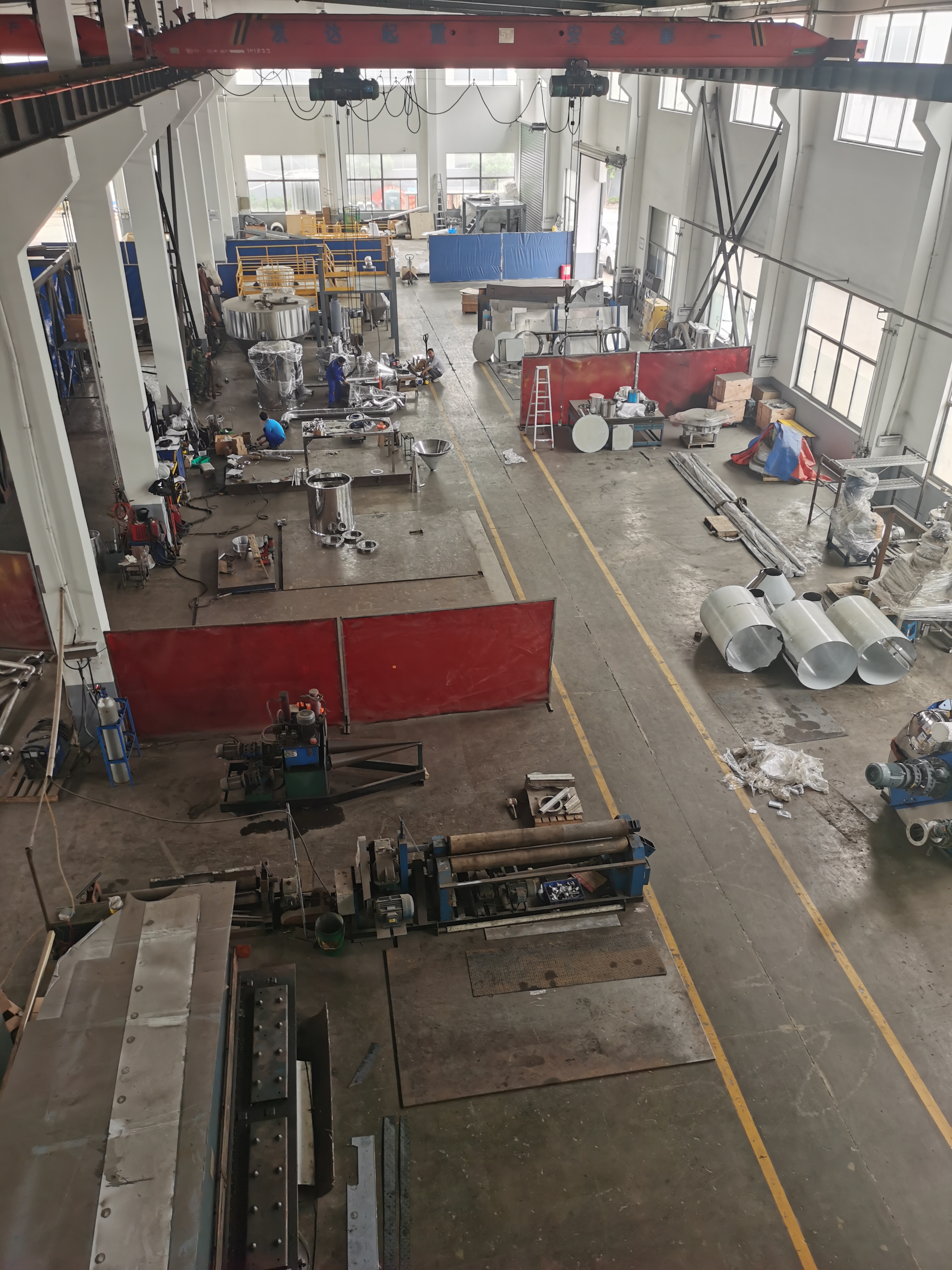
2. Office Management: Streamlining Communication and Strategic Decision-Making
While the plant floor drives physical production, office management fuels the organizational engine that supports it. Key functions include:
Coordination Between Departments
Office teams act as the nexus between R&D, production, sales, and logistics. Clear communication channels ensure that design specifications for prefabricated pipelines are accurately relayed to engineers, while delivery schedules align with client expectations.Data-Driven Insights
Modern office management leverages digital tools—such as ERP (Enterprise Resource Planning) systems—to track inventory, monitor project progress, and analyze market trends. These insights empower leadership to make informed decisions, such as expanding production capacity for high-demand skid modules.Human Resources and Employee Wellbeing
From recruiting skilled technicians to fostering a positive workplace culture, office management plays a pivotal role in employee retention and productivity. Training programs, performance evaluations, and ergonomic office designs contribute to a motivated workforce.Customer Relationship Management (CRM)
Office teams maintain client relationships by addressing inquiries, managing contracts, and ensuring timely after-sales support. For Shanghai Shenqi, this might involve coordinating international shipments of skid systems or providing technical documentation for regulatory approvals.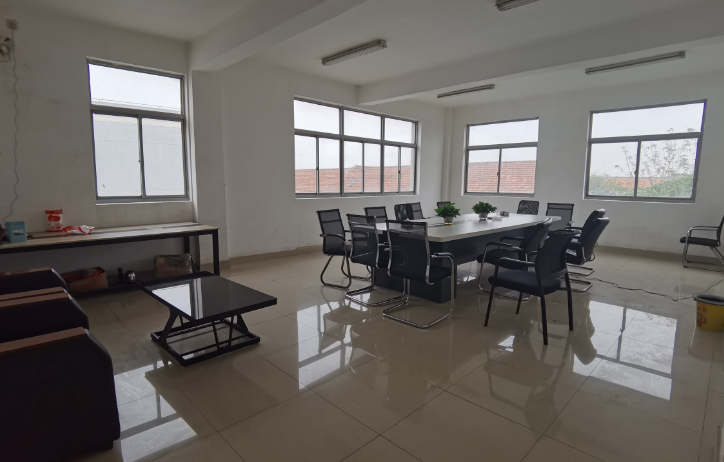
3. Synergy Between Plant and Office: A Competitive Advantage
The integration of plant and office management creates a cohesive operational ecosystem. For example:
Real-time data from the plant floor can inform office-based procurement teams to restock raw materials proactively.
Feedback from office-based customer service can drive plant-level adjustments to product designs or delivery timelines.
In industries requiring precision engineering, such as skid module manufacturing, this synergy ensures projects are completed on time, within budget, and to the highest quality standards.
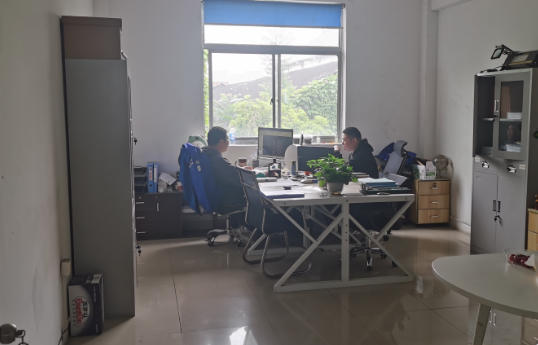
For manufacturers like Shanghai Shenqi Machinery Equipment Co., Ltd., excellence in plant and office management is not optional—it is a strategic imperative. By fostering efficiency, safety, innovation, and collaboration across both domains, companies can achieve operational resilience, adapt to market shifts, and sustain long-term growth. In an era where industries demand agility and reliability, mastering these management pillars positions businesses as leaders in their fields.
